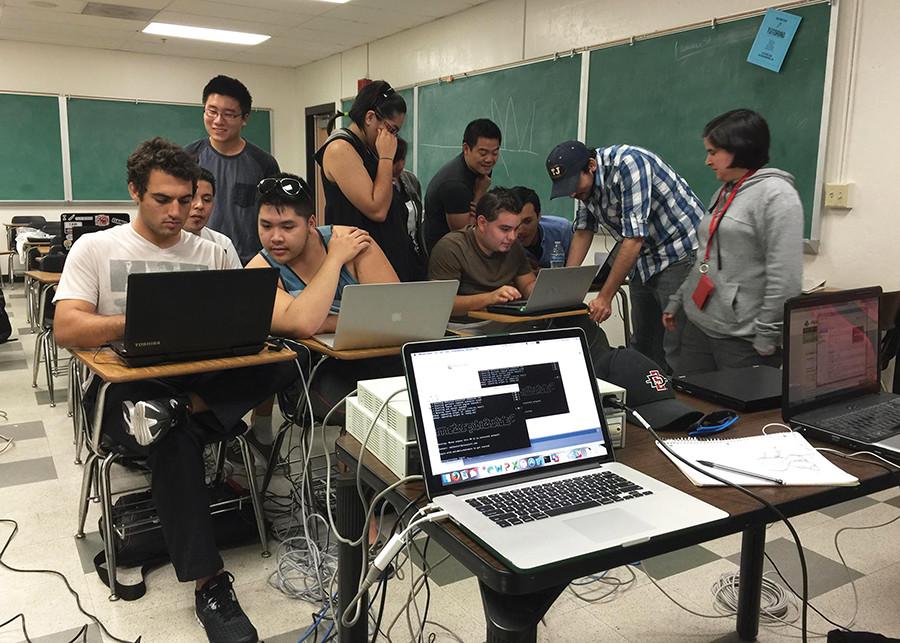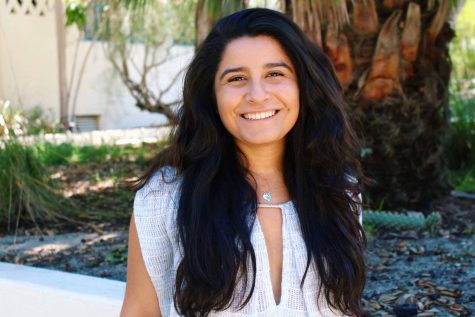The Cyber Defense Team recently received $25,000 from San Diego State through the Student Success Fee to create a digital network to practice hacking.
Cyber Defense Team President Alex Salerno plans to create a network where team members can get hands-on experience hacking and protecting the computer system.
Since the money was given through the Student Success Fee, the Cyber Defense Team will not be allowed to use the money until the start of the spring semester.
Once it has the money, the team will build a hacking network where members will be able to attack, destroy and rebuild as many times as they want. The network is reverted back to its original state every morning at 3 a.m. so students can feel free to experiment.
“One of the reasons I think we got this money is because this is setting the infrastructure for future computer security related training,” Salerno said. “We are going to build this system that everybody can use, given if you’re in a computer security course or the club, to teach people how to do this stuff.”
Felicia Vlahos, SDSU’s information security officer, encouraged the team to apply for the Student Success Fee funds.
She works closely with the team and said computer science students need a way to practice their skills outside the classroom. When Salerno mentioned he wanted to create this network she was all-in on the idea.
The team is open to anyone from any major, meaning every student has access to this new network.
“Anyone can use this new training network to maybe go from knowing very little to becoming moderate in computer defense skills,” Vlahos said. “Even a moderately well-trained individual is going to offer way more than a computer science student who just graduated with the academic experience.”
Peter Bartoli, the club’s faculty advisor and an adjunct computer science professor, said being a part of the club and getting this experience can help students land better, high-paying jobs.
“There are many six-digit salary paying jobs out there that cannot find enough good people in computer security,” Bartoli said. “The fact that Alex’s team is getting second out of 10 teams in the CCDC (Collegiate Cyber Defense Competitions) Western Regionals is huge and will really help them when applying for jobs.”
Founded this year, SDSU’s hacking club has rapidly grown and has already garnered accolades in the national competition circuit.
By placing second in the CCDC invitationals, the team will move forward to qualifiers in addition to placing in the top 1 percent in game one of two in the National Cyber League competition.









